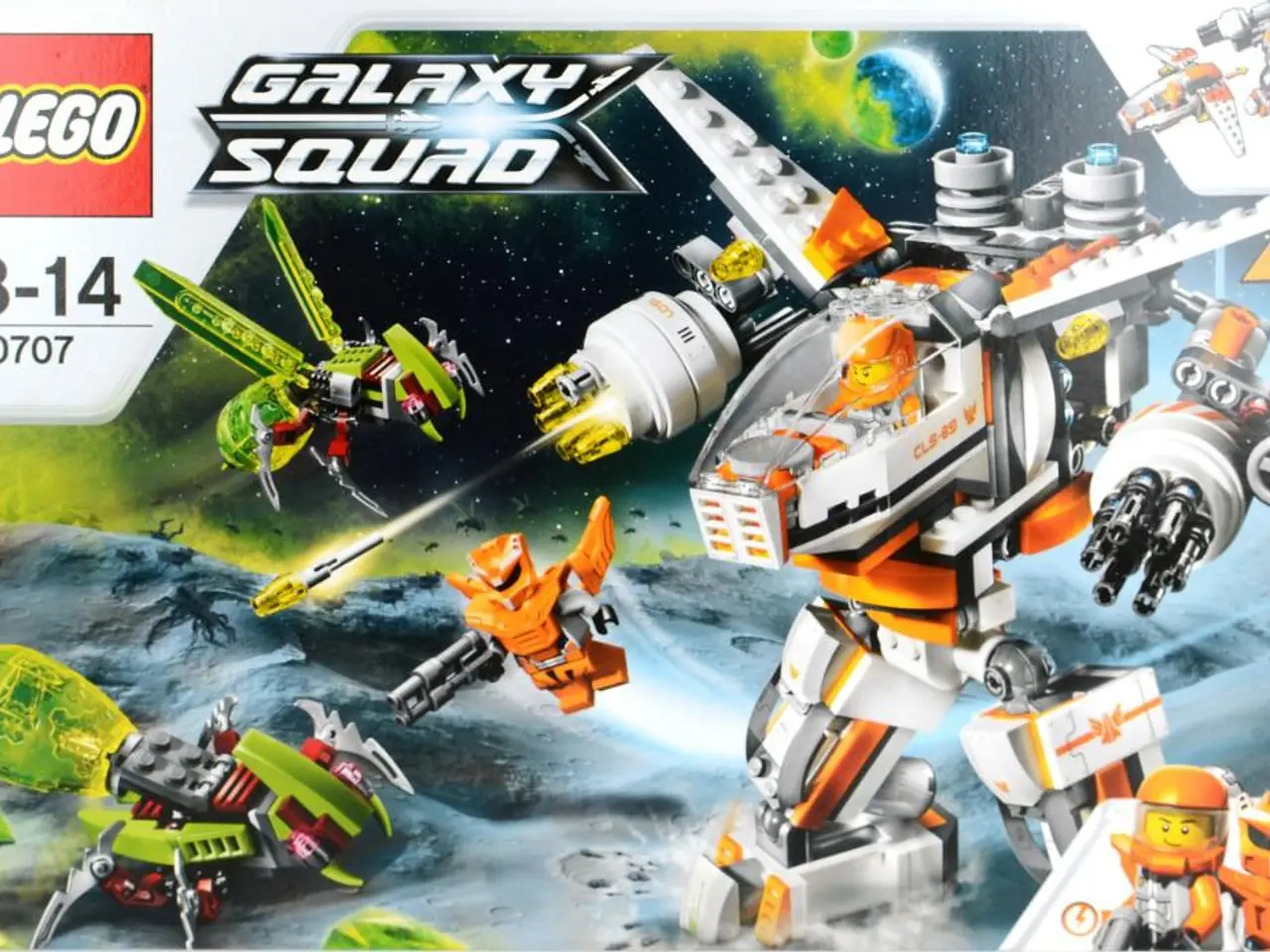AI Empowering Teenagers to Shape Future Innovators and Change Makers
In modern times, an increasing number of teens are embracing technology for good, starting their own tech-for-good clubs and using AI to make a difference in their communities and the world.
One teen's ripple effect in AI use can lead to significant changes, as demonstrated by a group of teenagers who built a flood prediction app powered by AI. This innovative tool analysed weather patterns and issued alerts to communities at risk, demonstrating the potential impact of AI in the hands of young creators.
AI is not just about coding and complex algorithms; it's about learning to care, to question, and to create. Teachable Machine, a free, easy-to-use platform, offers a chance for teens to train AI models with images, sound, or poses without needing to code. Meanwhile, Scratch + AI extensions provide a visual programming environment for building interactive games and apps.
AI can also help teens build tools that reduce food waste, monitor biodiversity, support conservation efforts, and optimize recycling and resource use in schools. Young creators are using AI to amplify stories that matter, such as AI tools that track pollution levels, predict local weather events, help wildlife protection efforts, and improve digital accessibility for people with disabilities.
AI skills can empower teens to become social changemakers, tackling challenges they care about. AI-driven systems help organisations like food banks, education networks, and environmental groups run more efficiently. For example, AI can translate public health information into multiple languages, and AI tutors and homework helpers now offer safe, guided learning modes for schoolwork.
Educational policies and outreach are crucial in ensuring balanced and healthy usage of AI. Strategies like personalised AI-driven learning platforms, project-based learning, teaching AI literacy through scaffolded auditing exercises, and incorporating discussions around AI's societal impacts can prepare teenagers not just to use AI tools but to express themselves effectively, think deeply, and contribute positively to their communities.
One such example of a teen making a difference is Manjot Singh, a project management student and entrepreneur living in Brampton, Canada. Manjot enjoys sharing simple ideas and experiences that contribute to making the world a better place.
In conclusion, AI offers a powerful tool for teenagers to learn, create, and make a positive impact on the world. By fostering critical thinking, creativity, and empathy, AI can equip the next generation with the skills for self-expression, critical analysis, and meaningful societal contributions.
- The change brought about by AI in the hands of young creators is evident, as demonstrated by a group of teens who developed a flood prediction app using AI.
- AI is more than just coding and complex algorithms; it's a tool for learning compassion, questioning norms, and fostering creativity.
- Teens are using AI to create tools that combat issues they care about, such as food waste, biodiversity loss, and resource management in schools.
- AI is being used to amplify important stories, like tracking pollution levels, predicting weather events, supporting wildlife protection, and enhancing digital accessibility for people with disabilities.
- AI skills empower teenagers to become social changemakers, tackling challenges that matter to them, such as improving education systems and promoting mental health.
- AI-driven systems are helping organizations like food banks, education networks, and environmental groups run more efficiently, thereby impacting communities.
- Manjot Singh, a project management student and entrepreneur from Brampton, Canada, is one example of a teen making a difference through AI.
- AI can equip teenagers with the skills for self-expression, critical analysis, and meaningful societal contributions, by promoting empathy, creativity, and critical thinking.
- Educational policies and outreach are vital for ensuring a balanced and healthy usage of AI, with strategies like personalized learning, AI literacy education, and discussions on AI's societal impact.
- Global youth are leveraging AI in various programs and events dedicated to education, self-development, personal growth, and learning.
- The potential impact of AI on mental health, community development, environmental conservation, and global education continues to grow, as more teens embrace technology for good.




